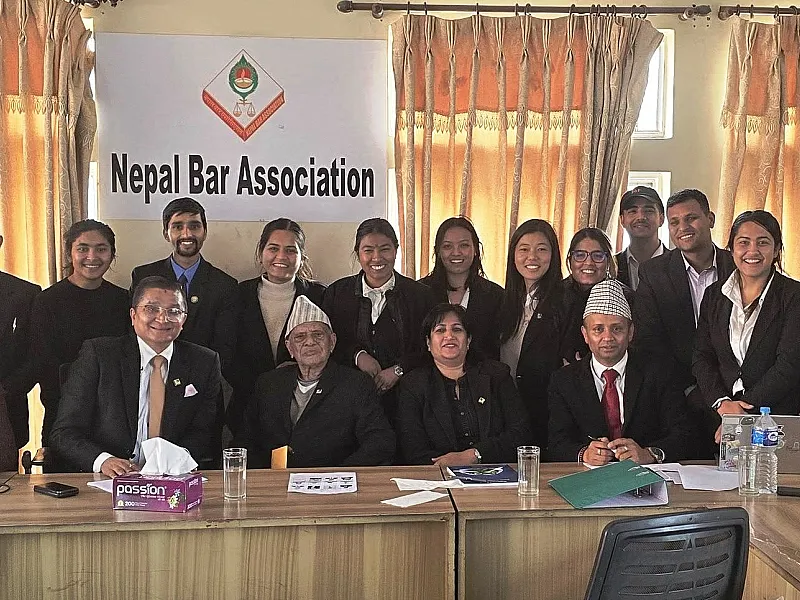
Family and matrimonial law in Nepal is governed by various legal frameworks, including the Muluki Ain (Civil Code), the Hindu Law, and specific statutes like the Marriage Registration Act, Domestic Violence (Crime and Punishment) Act, and Child Rights Act. These laws aim to regulate and address issues related to marriage, divorce, child custody, property rights, inheritance, adoption, and domestic violence. Below is a detailed overview of family and matrimonial law in Nepal:
Types of Marriage:
Monogamous Marriage: Nepal follows a monogamous system, where one person can marry only one spouse at a time. Polygamy is illegal under the Muluki Ain.
Registered Marriage: Marriages must be registered with the local authorities to ensure legal validity.
Inter-caste and Inter-religious Marriages: These are legally recognized and protected, though social acceptance may vary.
Legal Age for Marriage:
The minimum legal age for marriage is 20 years for both men and women, as per the Marriage Registration Act, 2073 (2016).
Marriage Procedure:
Marriage can be registered at the District Administration Office or the Ward Office.
The couple must provide proof of age, citizenship, and single marital status.
Grounds for Divorce:
No-Fault Divorce: Either spouse can seek divorce without assigning blame if the marriage has irretrievably broken down.
Fault-Based Divorce: Grounds include cruelty, desertion, adultery, mental illness, or incurable diseases.
Mutual Consent Divorce: If both parties agree to the divorce, the process is faster and less contentious.
Maintenance/Alimony:
The court may order the husband to provide maintenance to the wife and children, depending on the circumstances.
"Maintenance Pendente Lite" (temporary maintenance) may be awarded during the divorce proceedings.
Ancestral Property:
Daughters and sons have equal rights to ancestral property under the amended Muluki Ain, 2074 (2017).
Previously, daughters were excluded from ancestral property rights after marriage.
Self-Acquired Property:
The owner of self-acquired property (property earned by an individual) has the sole right to dispose of it, but the spouse may claim a share in certain circumstances.
Women's Property Rights:
Women are entitled to property rights, including their father's and husband's property.
The Right to Safe Maternal Home ensures that a wife has a right to live in her husband's home.
Child Custody:
Custody is determined based on the best interests of the child.
Both parents have equal rights to custody unless one is deemed unfit.
Guardianship:
Parents are natural guardians of their children. In cases of divorce, the court appoints a guardian based on the child's welfare.
Hindu Inheritance Law:
Comments: